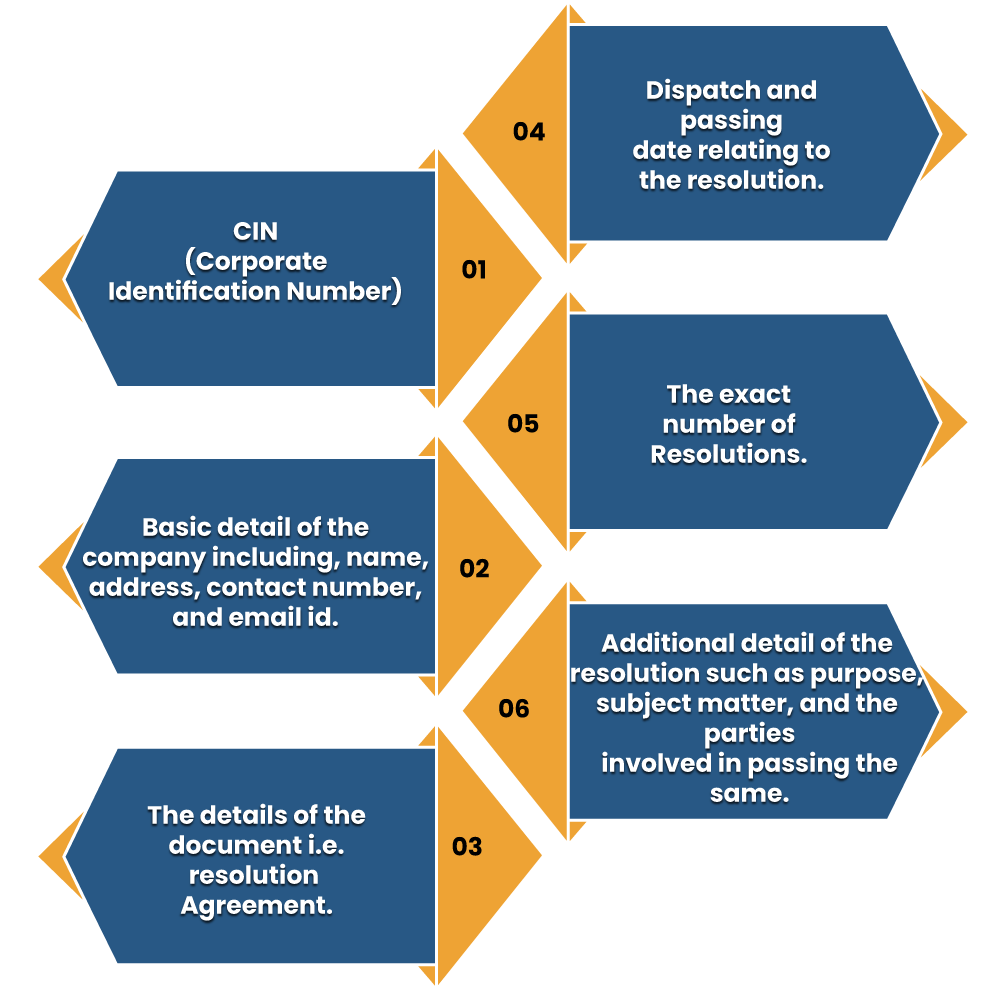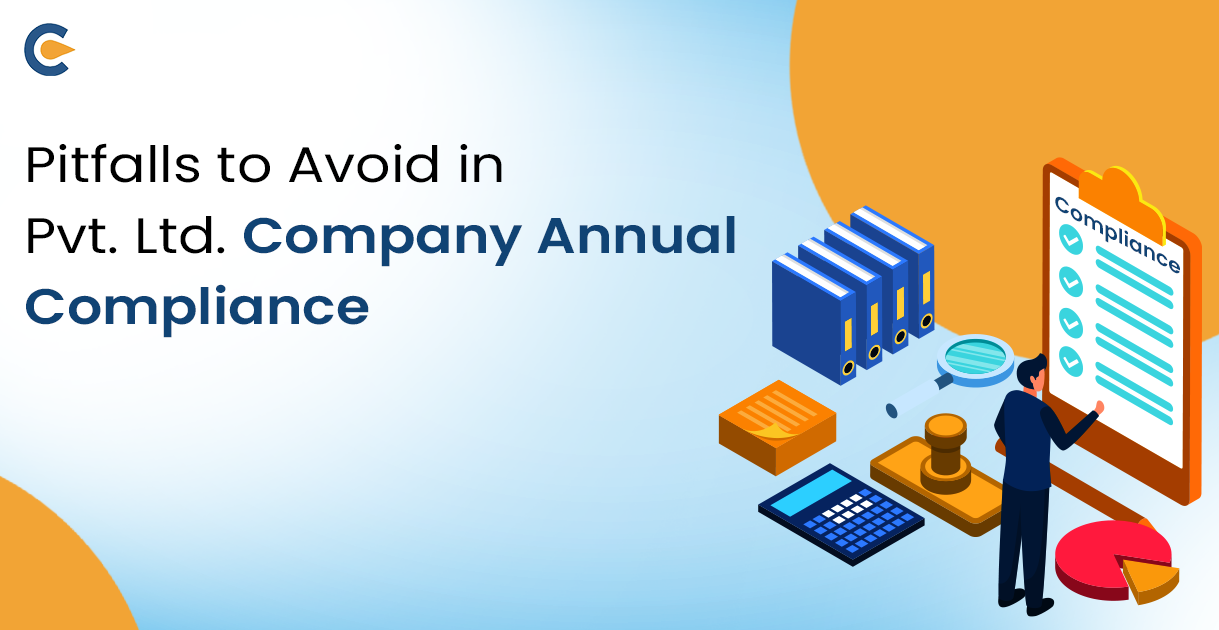In this blog we would provide in-depth information on the legal aspect that needs to follow for modifying the activities of private limited company. Unlike LLP and partnership firms, the publicly or privately held organization has to remain on alert while making changes to their existing business activities. These entities are required to follow a set provision for serving such a purpose. The constitutional framework of a bigger and registered organization is governed by some mandatory documents that also include a Memorandum of Association (MOA).
Five Clauses of Memorandum of Association
The MOA of a company essentially comprises of five clauses, which are listed below.
Name Clause
It is the primary clause of the Memorandum of Association (MOA). It encloses the name of the organization. This clause was inculcated to render recognition to the company.
Registered Office Clause
It reflects the location of the company where the entity has been registered.
Object Clause
Object Clause reflects the purpose of the company; meaning it talks about the business activities pursued by the company.
Liability Clause
The liability clause talks about the extent of liability carried by the company’s members, either in terms of guarantee and shares.
Capital Clause
Companies possessing share capital will demonstrate the gross authorized capital which is divided into the no. of shares & the amount.
A Private Limited Company is not liable to pursue any business activity beyond the scope of the object clause of the MOA. After obtaining the Private Limited company registration, if the company wishes to undertake a new stream relating to the ongoing activity or inculcate new activity, then it requires to amend the object clause in MOA.
Legal Procedure for Modifying the Activities of the Private Limited Company
The section below explains the generalized process for modifying the activities of the private limited company. This process applies to private and public limited companies.
Step 1: Convene a Board Meeting to Pass a Resolution
A convening a board meeting is the first and foremost in this process. The BODs plays the key role here as they were responsible for calling Extraordinary General Meeting (EGM) to avail permission from shareholders.
Moreover, the Board of Directors may delegate the authority to any of the directors for filing the required form with the Ministry of Corporate Affairs. The matter of the Extraordinary General Meeting (EGM) must be communicated with all the shareholders via a writ notification before 21 days from the date of EGM.
Step 2: Passing a Special Resolution in Extraordinary General Meeting (EGM)
The company must call an Extraordinary General Meeting (EGM) at a specified date and time. The shareholders of the company must pass a special resolution for making proposed changes in the object clause in MOA. For companies other than privately held entities must pass a special resolution by way of the postal ballot for incorporating changes in the business activity.
Step 3: Filing of form MGT-14 with MCA
A company seeking changes in the existing business activities must file the form MGT-14* with the Ministry of Corporate affairs. This form ought to be filed within 30 days from the fate of resolution. The process reaches its completion when the company successfully obtains permission from the MCA.
Applicant must attach the following documents with the form MGT-14 during the time of submission
- The original copy of board resolution.
- Notice of Extraordinary General Meeting (EGM)
- An original copy of the special resolution
- Modified Memorandum of Association (MOA).
Form MGT-14*
MGT-14 is required to be filed by the entity with the Registrar of Companies (RoC) under section 94(1) and 117(1) of the Companies Act 2013. Privately held entities are not needed to file MGT-14 for matters provided in section 179(3) read with rule 8 of the Companies (Meetings of Board and its Powers) Rules 2014.
Meeting of the BODs are held, and resolutions are passed under the guidance of shareholders at the said meetings. The resolutions are bound to be filed with ROC by the company depending on the circumstances. MGT-14 is the form the serves the purpose of filling the resolution with ROC.
What details are supposed to be filled in MGT-14?


Step 4: Alteration of MOA
The company after securing permission from the Ministry of Corporate Affairs[1] should undertake the task of altering the Memorandum of Association. The company can inculcate new activities immediately after receiving approval from the authority. Make sure to ensure conformity with all the existing provisions to avert any complications.
It’s mandatory to intimate the MCA every time whenever the board decided for modifying the activities of the private limited company such as moving the registered office to the new location, inculcation of a new undertaking, or changing the capital. Any violation of the said prerequisite will be deemed as an offense and the involved parties will be penalized as per the provision of the bylaws.
Fees Structure Related to Form MGT-14
The fee structure varies as per the threshold of the share capital hold by the company. Following is the tabular representation of the fee structure related to the MGT-14.
| Fee amount | Share Capital |
| Rs.200/Document | Less than Rs.1, 00,00. |
| Rs.300/Document | Rs.1, 00,000 – 4, 99,999. |
| Rs.400/Document | Rs.4, 99,999 – 25, 99,999. |
| Rs.500/Document | Rs.25, 00,000 – 99, 99,999. |
| Rs.600/Document | Rs.1, 00, 00,000 and above. |
It should be kept in mind that the delay in the registration will attract the penalty on the per-day basis criteria, so beware of such mishappening.
Conclusion
Decision making is a vital aspect of any organization that contributes significantly to its success. In private or public limited companies, if decision-making is directly impacting their existing activities then a legal procedure has to be followed for the same. According to bylaws, companies that run through a constitutional framework are bound to follow a correct legal procedure for modifying the activities of the private limited company.
Read our article: Significance and Advantages of Company Registration for SMBs











